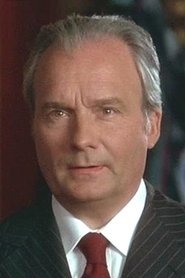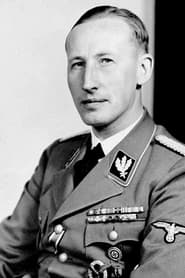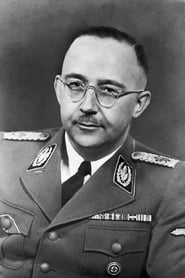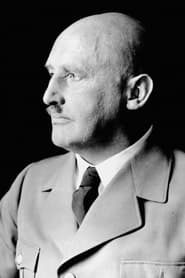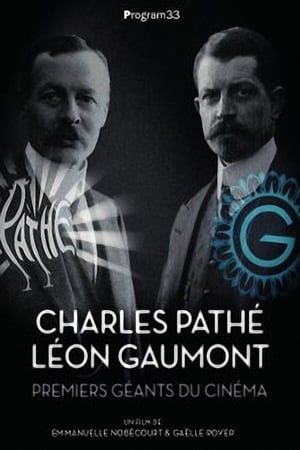

Night and Fog(1959)
Filmmaker Alain Resnais documents the atrocities behind the walls of Hitler's concentration camps.

Movie: Night and Fog
Recommendations Movies
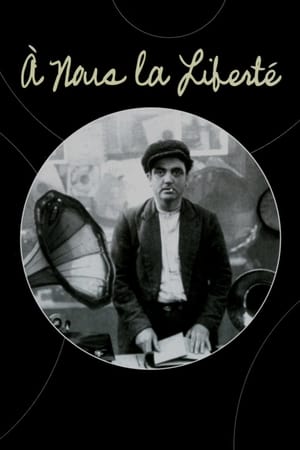 7.1
7.1À Nous la Liberté(fr)
In this classic French satire, Louis, a convict, escapes from prison and takes on legitimate work, making his way up in the business world. Eventually becoming the head of a successful factory, Louis opts to modernize his company with mechanical innovations. But when his friend Émile finally leaves jail years later and reunites with Louis, the past catches up with them. The two, worried about being apprehended by police, long to flee the confines of industry.
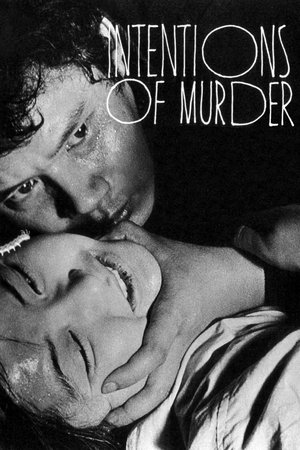 7.2
7.2Intentions of Murder(ja)
The neglected common-law wife of a Japanese librarian is repeatedly harassed by a young man with a heart condition who seduces her with the prospect of a better life.
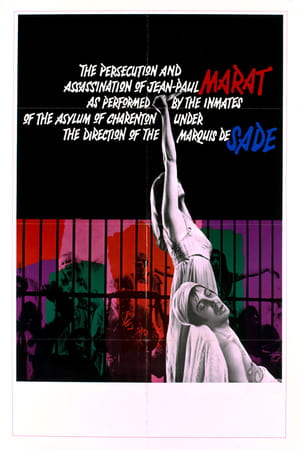 6.3
6.3Marat/Sade(en)
In Charenton Asylum, the Marquis de Sade directs a play about Jean Paul Marat's death, using the patients as actors. Based on 'The Persecution and Assassination of Jean-Paul Marat as Performed by the Inmates of the Asylum of Charenton Under the Direction of the Marquis de Sade', a 1963 play by Peter Weiss.
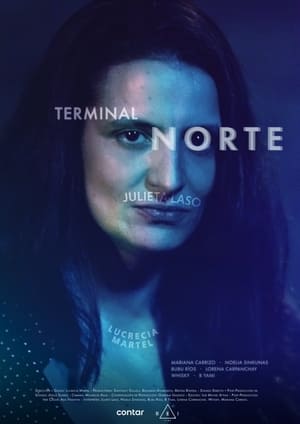 5.4
5.4North Terminal(es)
During the 2020 lockdown, Lucrecia Martel returns to her home in Salta, Argentina’s most conservative region. Here she follows Julieta Laso who, like a muse, introduces her to a group of female artists and defiant people who exchange glances and opinions around a fire.
 7.3
7.3Man of Aran(en)
A documentary on the life of the people of the Aran Islands, who were believed to contain the essence of the ancient Irish life, represented by a pure uncorrupted peasant existence centred around the struggle between man and his hostile but magnificent surroundings. A blend of documentary and fictional narrative, the film captures the everyday trials of life on Ireland's unforgiving Aran Islands.
 6.1
6.1Listen to Britain(en)
A depiction of life in wartime Britain during the Second World War. Director Humphrey Jennings visits many aspects of civilian life and of the turmoil and privation caused by the war, all without narration.
 6.6
6.6Witch's Cradle(en)
The surrealist film shows repetitive imagery involving a string fashioned in a bizarre, almost spiderweb-like pattern over the hands of several individuals, most notably an unnamed young woman and an elderly gentleman. The film also shows a shadowy darkness and people filmed at odd angles, an exposed human heart, and other occult symbols and ritualistic imagery which evokes an unsettling and dream-like aura. Considered an unfinished film.
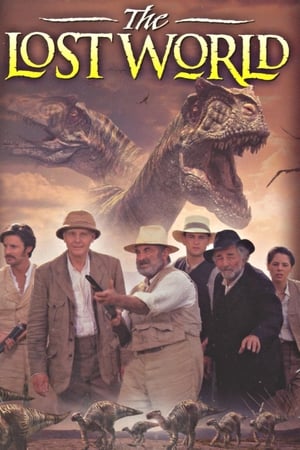 6.0
6.0The Lost World(en)
This Lost World is a splendid BBC TV dramatisation of Sir Arthur Conan Doyle's famous adventure story. Bob Hoskins makes an unusually genial Professor Challenger, far less of a bully than Doyle's character, but his slightly stereotyped companions are nicely filled out by a solid cast. James Fox is Challenger's more timid but still covertly adventurous rival, Tom Ward is the moustachioed big game hunter who faces an Allosaurus with an elephant gun, and Matthew Rhys plays the tagalong reporter hoping to impress his faithless fiancée.
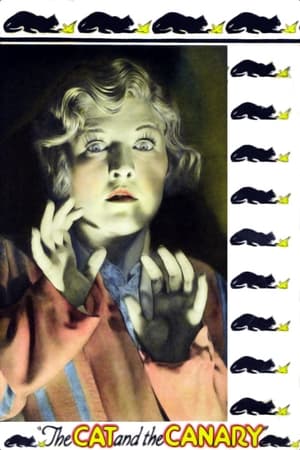 6.8
6.8The Cat and the Canary(en)
Rich old Cyrus West's relatives are waiting for him to die so they can inherit. But he stipulates that his will be read 20 years after his death. On the appointed day his expectant heirs arrive at his brooding mansion. The will is read and it turns out that Annabelle West, the only heir with his name left, inherits, if she is deemed sane. If she isn't, the money and some diamonds go to someone else, whose name is in a sealed envelope. Before he can reveal the identity of her successor to Annabelle, Mr. Crosby, the lawyer, disappears. The first in a series of mysterious events, some of which point to Annabelle in fact being unstable.
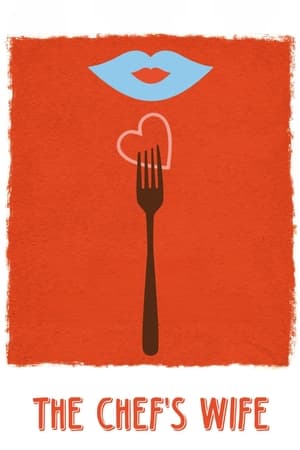 5.1
5.1The Chef's Wife(fr)
The wife of a successful chef feels unfulfilled in her rôle as dining-room hostess and consults career counselor, who is herself dissatisfied by her useful but mundane place in the scheme of things. Without meaning to, the two women find their lives growing tangled together, with ever more complex tragicomic consequences.
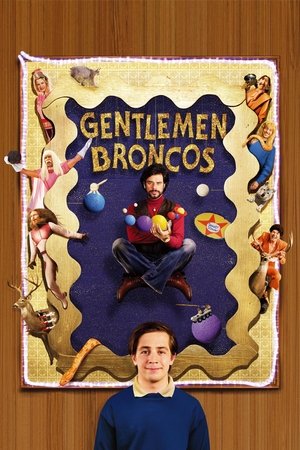 5.7
5.7Gentlemen Broncos(en)
A teenager attends a fantasy writers' convention where he discovers his idea has been stolen by an established novelist.
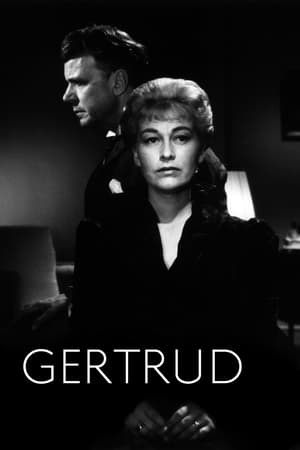 7.2
7.2Gertrud(da)
Hopeless romantic Gertrud inhabits a turn-of-the-century milieu of artists and musicians, where she pursues an idealized notion of love that will always elude her. She abandons her distinguished husband and embraces an affair with a young concert pianist, who falls short of her desire for lasting affection. When an old lover returns to her life, fresh disappointments follow, and Gertrud must try to come to terms with reality.
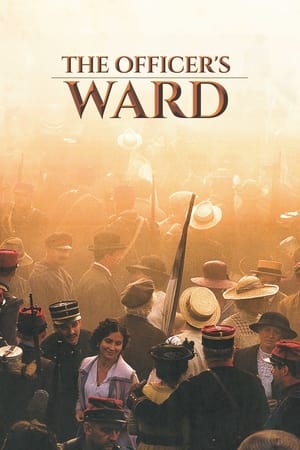 7.0
7.0The Officers' Ward(fr)
The first days of WWI. Adrien, a young and handsome lieutenant, is wounded by a piece of shrapnel. He will spend the entire wartime at the Val-de-Grâce Hospital, in Paris. Five long years, and his life will change forever...
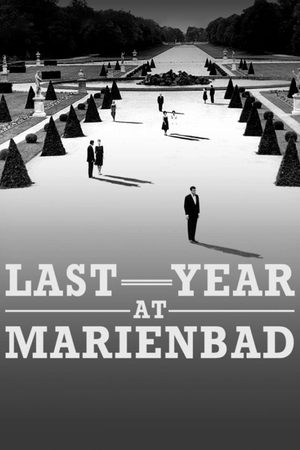 7.4
7.4Last Year at Marienbad(fr)
In a strange and isolated chateau, a man becomes acquainted with a woman and insists that they have met before.
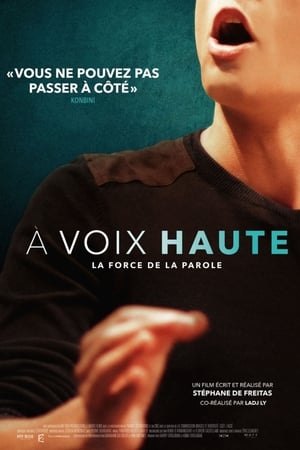 7.8
7.8Speak Up(fr)
Raise the voice, speak eloquently, construct and argue a discourse. Tools so necessary in life as exciting to build. In Paris, the date of Eloquentia, an oratory contest where young people —not exactly privileged— will measure their strength, is approaching.
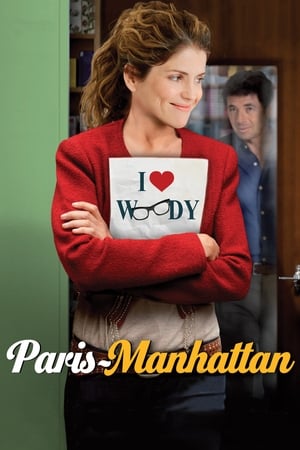 5.5
5.5Paris-Manhattan(fr)
Alice, an obsessed Woody Allen fan, meets Pierre in a night-club and falls in love with him. But when Pierre sees Alice's sister Hélène, things start to get complicated.
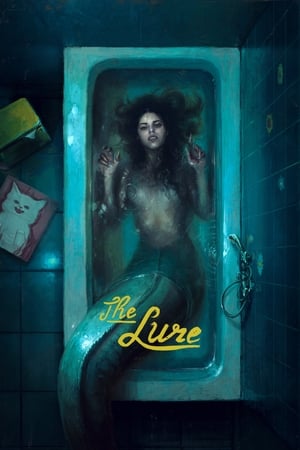 6.3
6.3The Lure(pl)
Two mermaid sisters, who end up performing at a nightclub, face cruel and bloody choices when one of them falls in love with a beautiful young man.
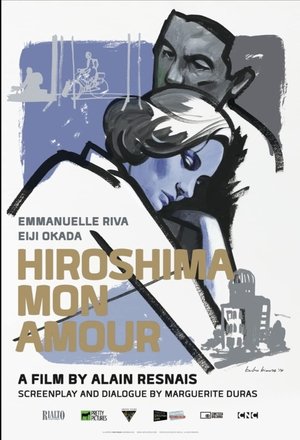 7.7
7.7Hiroshima Mon Amour(fr)
The deep conversation between a Japanese architect and a French actress forms the basis of this celebrated French film, considered one of the vanguard productions of the French New Wave. Set in Hiroshima after the end of World War II, the couple -- lovers turned friends -- recount, over many hours, previous romances and life experiences. The two intertwine their stories about the past with pondering the devastation wrought by the atomic bomb dropped on the city.
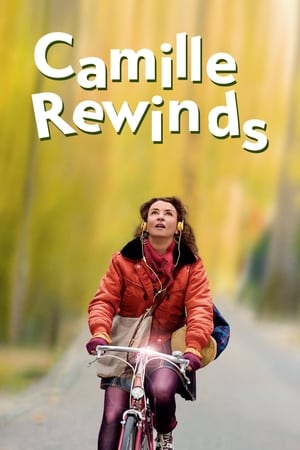 6.2
6.2Camille Rewinds(fr)
Camille was only sixteen and still in high school when she fell in love with Eric, another student. They later married and a child and were happy for a while. But now twenty-five years have passed and Eric leaves her for a younger woman. Bitter and desperate Camille drinks so much liquor at a New Year Eve's party that she falls into an ethylic coma and she finds herself... propelled into her own past! Camille is sixteen again when she wakes up this morning, her parents are not dead anymore and she must go to school, where she will meet her schoolmates and, of course, Eric. Is she going to fall for him again and... be miserable twenty-five years later? Or will she avoid him with the result never having her beloved daughter? Who ever said that time traveling was fun?
Similar Movies
Rambling 'Round Radio Row #1(en)
Jerry Wald has to write about radio, visiting Sid Gary gives him the tip it might be more easy for him to write this article at the radio station than at his newspaper office. At the studio they listen to the Boswell Sister's rehearsal, which is interupted by some not so friendly remarks by orchestra leader Abe Lyman, they listen at the door, where a Colonel Stoopnagel broadcast is prepared, as well as to the rehearsal of a new song for an broadcast by Kate Smith.
 6.9
6.9The Tin Drum(de)
Oskar Matzerath is a very unusual boy. Refusing to leave the womb until promised a tin drum by his mother, Agnes, Oskar is reluctant to enter a world he sees as filled with hypocrisy and injustice, and vows on his third birthday to never grow up. Miraculously, he gets his wish. As the Nazis rise to power in Danzig, Oskar wills himself to remain a child, beating his tin drum incessantly and screaming in protest at the chaos surrounding him.
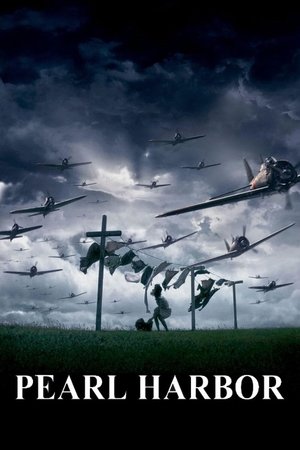 6.9
6.9Pearl Harbor(en)
The lifelong friendship between Rafe McCawley and Danny Walker is put to the ultimate test when the two ace fighter pilots become entangled in a love triangle with beautiful Naval nurse Evelyn Johnson. But the rivalry between the friends-turned-foes is immediately put on hold when they find themselves at the center of Japan's devastating attack on Pearl Harbor on Dec. 7, 1941.
 6.9
6.9Olympia: Part One – Festival of the Nations(de)
Commissioned to make a propaganda film about the 1936 Olympic Games in Germany, director Leni Riefenstahl created a celebration of the human form. This first half of her two-part film opens with a renowned introduction that compares modern Olympians to classical Greek heroes, then goes on to provide thrilling in-the-moment coverage of some of the games' most celebrated moments, including African-American athlete Jesse Owens winning a then-unprecedented four gold medals.
 6.7
6.7Olympia: Part Two – Festival of Beauty(de)
Commissioned to make a propaganda film about the 1936 Olympic Games in Germany, director Leni Riefenstahl created a celebration of the human form. Where the two-part epic's first half, Festival of the Nations, focused on the international aspects of the 1936 Olympic Games held in Berlin, part two, The Festival of Beauty, concentrates on individual athletes such as equestrians, gymnasts, and swimmers, climaxing with American Glenn Morris' performance in the decathalon and the games' majestic closing ceremonies.
 7.6
7.6The Last Emperor(en)
A dramatic history of Pu Yi, the last of the Emperors of China, from his lofty birth and brief reign in the Forbidden City, the object of worship by half a billion people; through his abdication, his decline and dissolute lifestyle; his exploitation by the invading Japanese, and finally to his obscure existence as just another peasant worker in the People's Republic.
 1.0
1.0The Secret Masonic Victory of World War II(en)
Western Freemasonry and Eastern communists won WW2, leading to a secret holy war aiming for a one-world government and a single religion in a communist utopia.
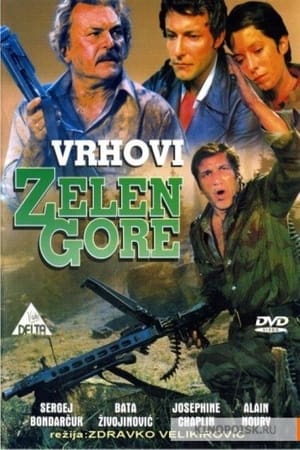 5.8
5.8The Peaks of Zelengore(sh)
During the Battle of Sutjeska, partisan troops must endure 24 hours of big and heavy attacks on German units Ljubino grave, to the main Partisan units, with the wounded and the Supreme Headquarters, pulled out the ring that is tightened around them.
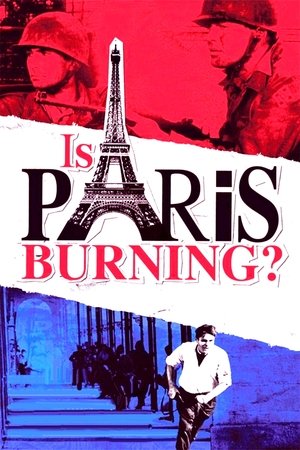 7.2
7.2Is Paris Burning?(fr)
Near the end of World War II, Gen. Dietrich von Choltitz receives orders to burn down Paris if it becomes clear the Allies are going to invade, or if he cannot maintain control of the city. After much contemplation Choltitz decides to ignore his orders, enraging the Germans and giving hope to various resistance factions that the city will be liberated. Choltitz, along with Swedish diplomat Raoul Nordling, helps a resistance leader organize his forces.
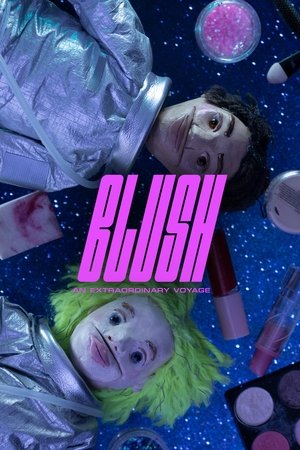 7.7
7.7Blush: An Extraordinary Voyage(fi)
For 18-year-old Finnish–Kosovan Fatu, a simple visit to the grocery store feels as nerve-racking as a lunar expedition: for the first time in his life, he’s wearing makeup in public. Luckily his best friend Rai, a young woman on the spectrum of autism, is there to ferociously support him through the voyage.
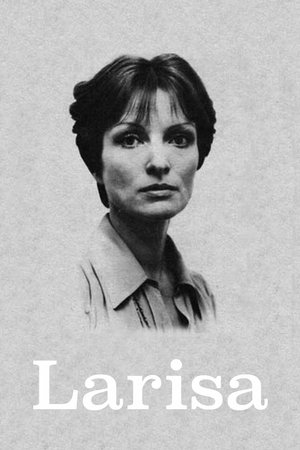 6.0
6.0Larisa(ru)
Elem Klimov's documentary ode to his wife, director Larisa Shepitko, who was killed in an auto wreck.
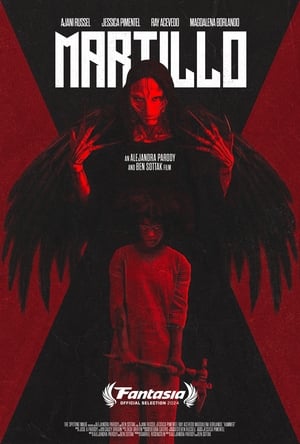 0.0
0.0Hammer(en)
Cartagena, Colombia – 1666. An enslaved woman accused of witchcraft comes face to face with evil incarnate and a Faustian bargain for her freedom while imprisoned in the bowels of the Palace of the Inquisition.
 0.0
0.0Close-Up on Planets(en)
Computer animation and footage from NASA space missions explain how our solar system evolved and the place Earth has within the system.
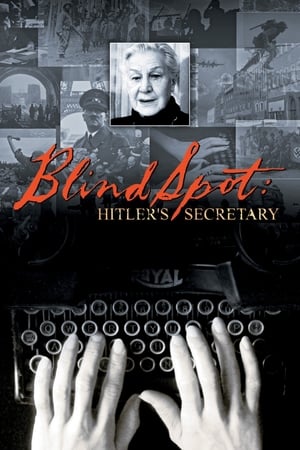 6.4
6.4Blind Spot: Hitler's Secretary(de)
Documentarians Andre Heller and Othmar Schmiderer turn their camera on 81-year-old Traudl Junge, who served as Adolf Hitler's secretary from 1942 to 1945, and allow her to speak about her experiences. Junge sheds light on life in the Third Reich and the days leading up to Hitler's death in the famed bunker, where Junge recorded Hitler's last will and testament. Her gripping account is nothing short of mesmerizing.
 6.3
6.3Gifted and Challenged: The Making of 'Shortbus'(en)
A look at the unusual process used in the making of the film Shortbus (2006) featuring interviews, behind the scenes footage and clips from the feature film. Director John Cameron Mitchell starts with the concept of using real sex in a film with a positive message. The cast of unknowns is selected from homemade audition tapes and then a callback audition workshop. More acting workshops are used to develop the characters and script. The project overcomes a number of obstacles and the rest of the film's development is followed up until its premiere at the Cannes Film Festival.
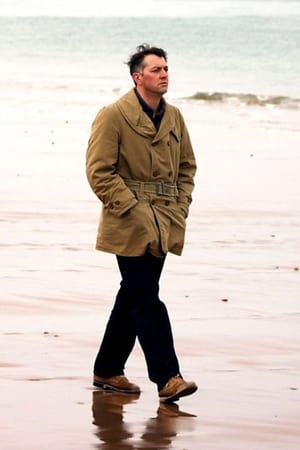 5.0
5.0Normandy '44: The Battle Beyond D-Day(en)
James Holland moves beyond the D-Day beaches to reassess the brutal 77-day Battle for Normandy that followed the invasion. Challenging some of the many myths that have grown up around this vital campaign, Holland argues that we have become too comfortable in our understanding of events, developing shorthand to tell this famous story that does great injustice to those that saw action in France across the summer of 1944.
 6.7
6.7The Decision to Drop the Bomb(en)
J. Robert Oppenheimer and other key figures involved in the decision to drop the first atomic bomb discuss their motivations in this NBC News documentary. Originally produced and televised in 1965, two decades after the bombings of Hiroshima and Nagasaki, it was re-released in 2023 with an epilogue by Michael Beschloss, NBC News Presidential Historian.
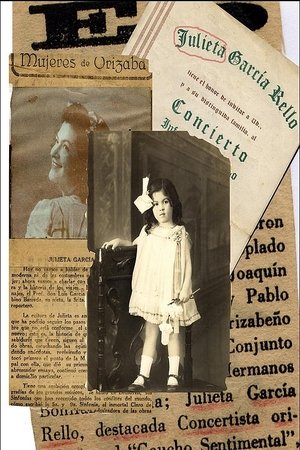 8.0
8.0Julieta(es)
The life and times of the mexican pianist Julieta García Rello, as told by her granddaughter.
 4.2
4.2Song 5(en)
SONG 5: A childbirth song (the Songs are a cycle of silent color 8mm films by the American experimental filmmaker Stan Brakhage produced from 1964 to 1969).
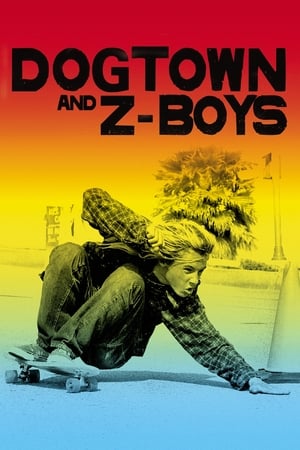 7.0
7.0Dogtown and Z-Boys(en)
This award-winning, thrilling story is about a group of discarded kids who revolutionized skateboarding and shaped the attitude and culture of modern day extreme sports. Featuring old skool skating footage, exclusive interviews and a blistering rock soundtrack, DOGTOWN AND Z-BOYS captures the rise of the Zephyr skateboarding team from Venice's Dogtown, a tough "locals only" beach with a legacy of outlaw surfing.
